As the West has slowly opened in the past decades to Eastern, experientially-based fields like acupuncture – as part of a greater acceptance of alternative medicine in general – yoga has begun to stake its claim. A study by Dr. Dean Ornish, a California-based cardiologist who shared experiences with Sri Stachidananda and whose work was published in 1990 in the prestigious British journal Lancet, showed that a program that combines hatha yoga with dietary changes, exercise and group therapy can actually reverse blockages in the heart’s main arteries – a fact that can help cope with chronic problems like arthritis, multiple sclerosis and infection with HIV. Ironically, even within the world of alternative medicine yoga seems under-appreciated. Given the situation, David Coulters Anatomy of Hatha Yoga combines the perspectives of a dedicated yogi with that of a former anatomy professor and research associate at two major American medical schools. He has set himself the ambitious goal of combining the modern scientific understanding of anatomy and physiology with the ancient practice of hatha yoga. The result of an obvious labor of love, the book explains hatha yoga in demystified, scientific terms while at the same time honoring its traditions. It should go a long way in helping yoga achieve the scientific recognition it deserves. Useful as both a textbook and as a reference, Anatomy of Hatha Yoga is a book that all serious yoga teachers and practitioners will want on their shelves. Special emphasis has been placed on the musculoskeletal, nervous, respiratory, and cardiovascular systems-the musculoskletal system because that is where all our actions are expressed, the nervous system because that is the residence of all the managerial functions of the musculoskeletal system, the respiratory system because breathing is of such paramount importance in yoga, and the cardiovascular system because inverted postures cannot be fully comprehended without understanding the dynamics of the circulations. Most of the emphasis is practical-doing experiments, learning to observe the body, and further refining actions and observations. The discussion is intended for an audience of yoga teachers, health professionals, and anyone else who is interested in exploring some of the structural and functional aspects of hatha yoga. The work can also serve as a guide for students of alternative medicine who would like to communicate with those who place their faith more strictly in contemporary science.
Anatomy of Hatha Yoga: A Manual for Students, Teachers, and Practitioners
In stock
Free & Quick Delivery Worldwide
reviews
Bibliographic information
Title
Anatomy of Hatha Yoga: A Manual for Students, Teachers, and Practitioners
Author
Edition
Reprint
Publisher
ISBN
9788120819764
Length
623p., Figures; Bibliography; Glossary; Index; 22cm.
Subjects

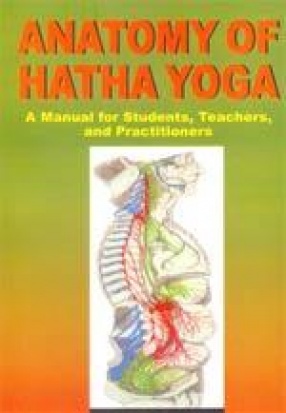
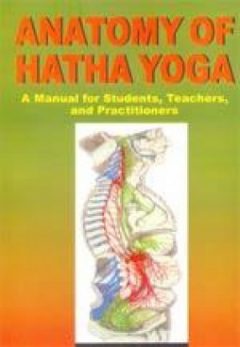

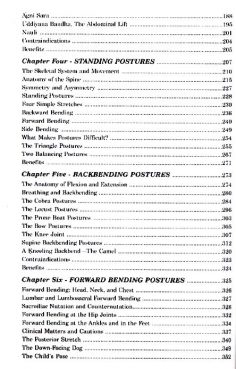

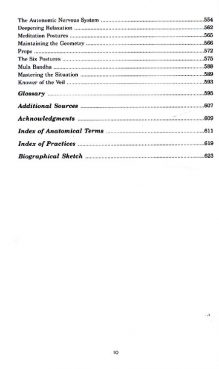



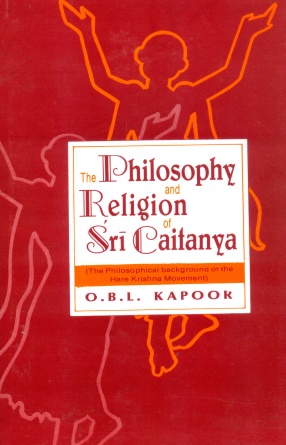
There are no reviews yet.